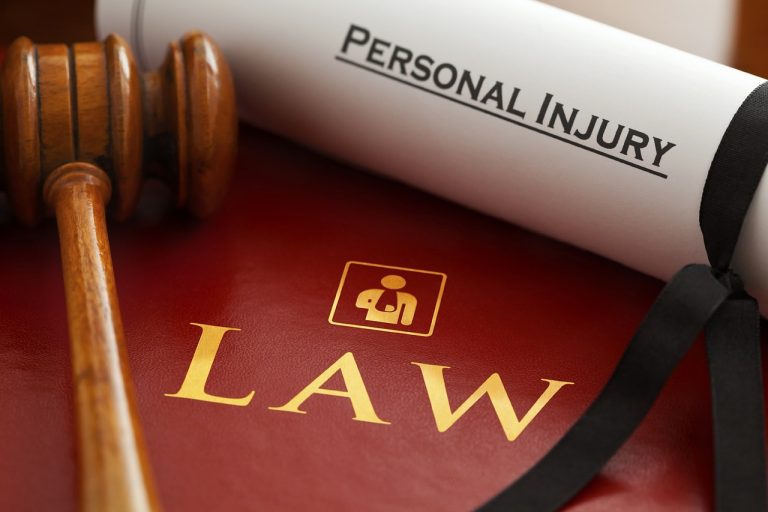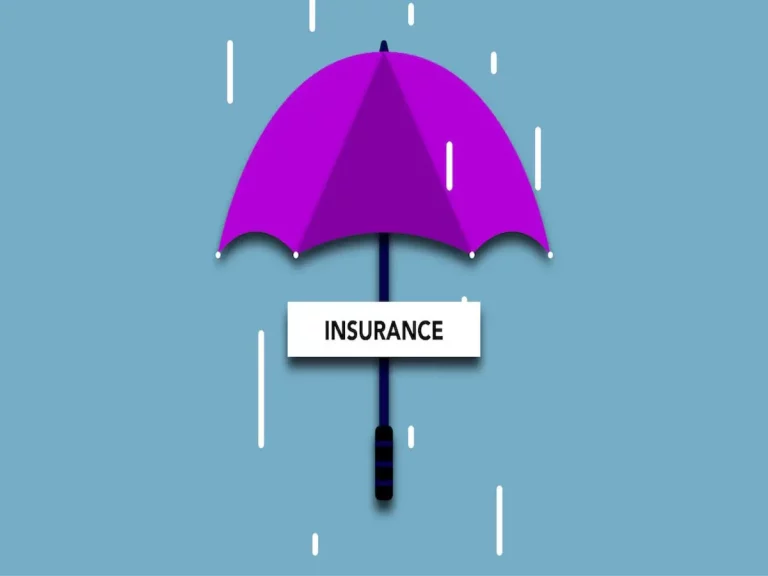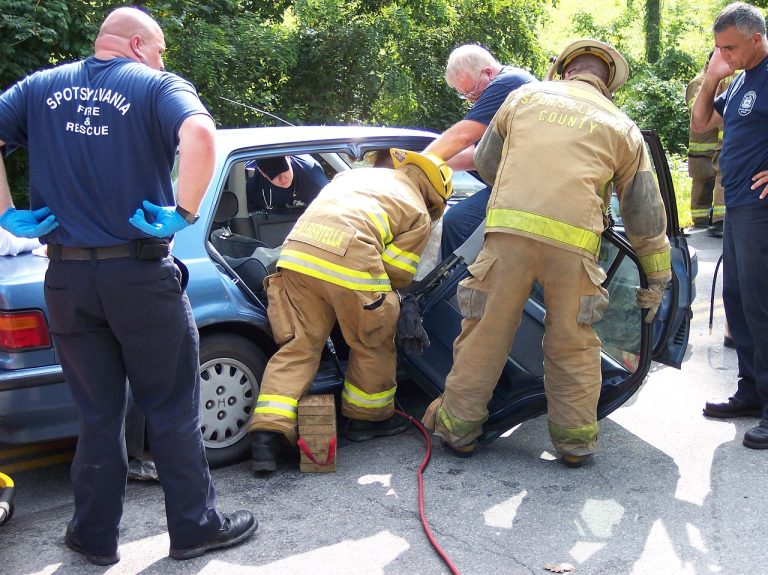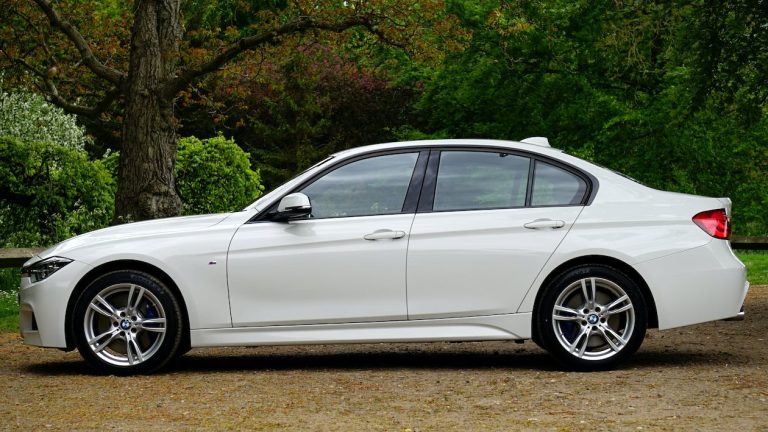What you Need to Know About car Insurance Before Hitting the Road
Having car insurance is super important when you own a car. Seriously, every driver should totally have a policy. But let’s be real: figuring out all the details of car insurance can be a bit tricky.
Don’t worry, though; this article’s got your back with everything you need to know before you start driving.
You must have car insurance in most US states—it’s the law! It’s not just about following the rules, though. If things go south with an accident, theft, or your car getting damaged, that insurance is your financial support.
Plus, it’s like having a guardian angel on the road. It will give you peace of mind for whatever surprises come your way.
According to the latest U.S. Census survey, a whopping 92 percent of American households own at least one vehicle. So, for the majority of people, buying car insurance is a must – it’s a necessary expense since almost every state insists on it.
What is car insurance?
Car insurance is like a safety net for car owners – it covers the costs if your car meets an accident, gets stolen, or is damaged. The catch? Policies can differ based on coverage, your chosen insurer, and the state you call home. Car insurance is also known as auto insurance.
More people in the US means more drivers hitting the road, which also translates to a bigger crowd for motor insurance companies. The more, the merrier (or, in this case, the more potential customers)!
Even if you’re cruising in your car feeling all secure, the stats tell a different story. It turns out that having auto insurance is a big deal – and in most cases, it’s not just a choice; it’s the law. Safety first, right?
The importance of having car insurance
Auto insurance is important because it doesn’t just handle the aftermath of an accident; it also takes care of the fallout from accidents, covering damage or injury caused by your vehicle or another.
The following are the benefits of having an auto insurance policy:
- Auto insurance provides a safety net for unexpected expenses related to accidents or theft.
- It is mandatory in many places to comply with driving laws.
- Car insurance covers medical costs for injuries sustained in an accident.
- It shields against legal responsibilities and associated costs.
- Auto insurance assists in repairing or replacing your car after damage or theft.
- It offers a sense of assurance and security while driving.
- Car insurance covers damages and injuries to others involved in an accident.
- It helps manage and reduce risks associated with driving incidents.
Types of Car Insurance
There are several types of auto insurance. It depends on your insurance needs. We will analyze five types of car insurance.
1. Liability Insurance
Keeping it simple, liability insurance is the basic form of car insurance – a must in most states. It’s your backup plan for covering the costs if you accidentally hit someone’s car or cause them harm while driving your own. Safety net activated!
2. Collision Insurance
Collision insurance steps in to foot the bill for your car’s damages if you end up in a collision with another vehicle or some solid object. It’s not the law demanding it, but if you’re using a car loan, your lender might insist on it. Better safe than sorry, right?
3. Comprehensive Insurance
Comprehensive insurance has your car’s back beyond collisions. It’s a shield against theft, vandalism, natural disasters, and any other unexpected non-collision mishaps.
4. Personal Injury Protection Insurance
Personal Injury Protection (PIP) insurance is your go-to for covering medical bills and lost wages if you and your passengers get caught up in an accident. Keep in mind that some states make it a must-have, so it’s not just an option; it’s a legal nod to safety.
5. Uninsured/Underinsured Motorist Insurance
Uninsured/Underinsured Motorist Insurance (UM/UIM) steps in to foot the bill for damages or injuries in case you collide with a driver who’s either uninsured or doesn’t have sufficient coverage. It’s your safety net for those encounters with financially strapped drivers on the road.

Factors affecting car insurance rates
Several factors influence car insurance rates, including:
- Driving Record: A history of accidents or traffic violations can lead to higher premiums.
- Age and Gender: Younger drivers and males often face higher rates due to statistically higher accident risks.
- Type of Vehicle: The make, model, and year of your car impact rates. Sports cars and luxury vehicles typically cost more to insure.
- Coverage and Deductibles: Higher coverage limits and lower deductibles usually result in higher premiums.
- Your Location: Urban areas with higher rates of accidents or theft may have higher insurance costs.
- Credit Score: In some regions, insurers use credit scores to determine rates, as lower scores may be associated with higher claim risks.
- Annual Mileage: The more you drive, the higher the risk of accidents, influencing your premium.
- Insurance History: Continuous coverage and a history of responsible insurance use can lead to lower rates.
- Occupation: Some professions may be associated with lower risk and, consequently, lower premiums.
- Marital Status: Married individuals often receive lower rates compared to single ones.
How to Choose the Best Car Insurance Policy
It is not difficult to choose the right auto insurance policy. But with the right information at your disposal, everything will be easier for you. Here is how to choose the best car insurance policy:
- Assess Your Coverage Needs: Consider your state’s minimum requirements and evaluate additional coverage based on your circumstances.
- Compare Quotes: Obtain quotes from multiple insurers to compare prices and coverage options.
- Check Company Reputation: Research customer reviews, ratings, and feedback about the insurance companies you’re considering.
- Understand Deductibles: Evaluate how deductibles impact your premium and choose a level that aligns with your budget.
- Review Coverage Limits: Ensure coverage limits are adequate for potential liabilities and damages.
- Examine Policy Exclusions: Understand any exclusions or limitations in the policy to avoid surprises during claims.
- Consider Discounts: Inquire about available discounts (safe driver, multi-policy, good student) to lower premiums.
- Evaluate Customer Service: Assess the insurer’s customer service quality, especially in handling claims.
- Check Financial Stability: Look into the financial stability of the insurance company to ensure they can meet their obligations.
- Review Policy Flexibility: Check if the policy allows adjustments to coverage based on changing needs.
What to do after a car accident
Auto accidents can happen at any time. Car owners with auto insurance policies have an advantage over those who don’t. If you are involved in a car accident, follow the following procedures:
- Ensure Safety: Move to a safe location if possible and turn on hazard lights.
- Check for Injuries: Assess yourself and others for injuries. Call emergency services if needed.
- Exchange Information: You should exchange names, contact details, insurance information, and vehicle details with the other party.
- Document the scene: Take photos of the accident scene, vehicle damage, and license plates.
- File a police report: If required by law or if there are injuries, contact the police and file a report.
- Seek witness information: Obtain contact information from any witnesses at the scene.
- Limit conversation: Avoid admitting fault; discuss details with the police and insurance company.
- Contact your insurance company: Notify your insurance company as soon as possible and provide details.
- Seek medical attention: Even if injuries seem minor, seek medical attention promptly.
- Keep Records: Maintain a record of medical bills, repair estimates, and communication with the insurance company.
- Follow Up: Stay informed on the claim’s progress and follow up with the necessary parties.
5 Common Car Insurance Myths Debunked
There are some common auto insurance myths that I would love to clear up. They include:
- Myth 1: The color of your car affects insurance rates
- Debunked: Car color has no impact on insurance rates. Insurers consider factors like make, model, age, and driving history.
- Myth 2: Minimum Coverage Is Always Sufficient
- Debunked: While minimum coverage meets legal requirements, it may not cover all expenses. Adequate coverage should align with your potential liabilities.
- Myth 3: your credit score doesn’t affect rates
- Debunked: In some regions, insurers use credit scores to assess risk. A good credit score can lead to lower premiums.
- Myth 4: Insurance follows the driver, not the car
- Debunked: Auto insurance typically follows the car, not the driver. If someone else drives your car with permission, your insurance often covers them.
- Myth 5: Comprehensive insurance covers everything
- Debunked: While comprehensive coverage is broad, it doesn’t cover every scenario. Read the policy to understand the specific inclusions and exclusions.
Conclusion: Car Insurance
Owning a car? You need car insurance – it’s non-negotiable. But don’t worry; knowing the coverage types and factors affecting your policy rates can be a game-changer for you. It’s all about finding the perfect policy to match your needs.
Accidents happen, but keeping your cool, following the steps, and reaching out to your insurer are key. Safe driving and sticking to traffic rules aren’t just good habits—they’re your secret weapon for dodging accidents and keeping those insurance rates on the low side. Safety first!






